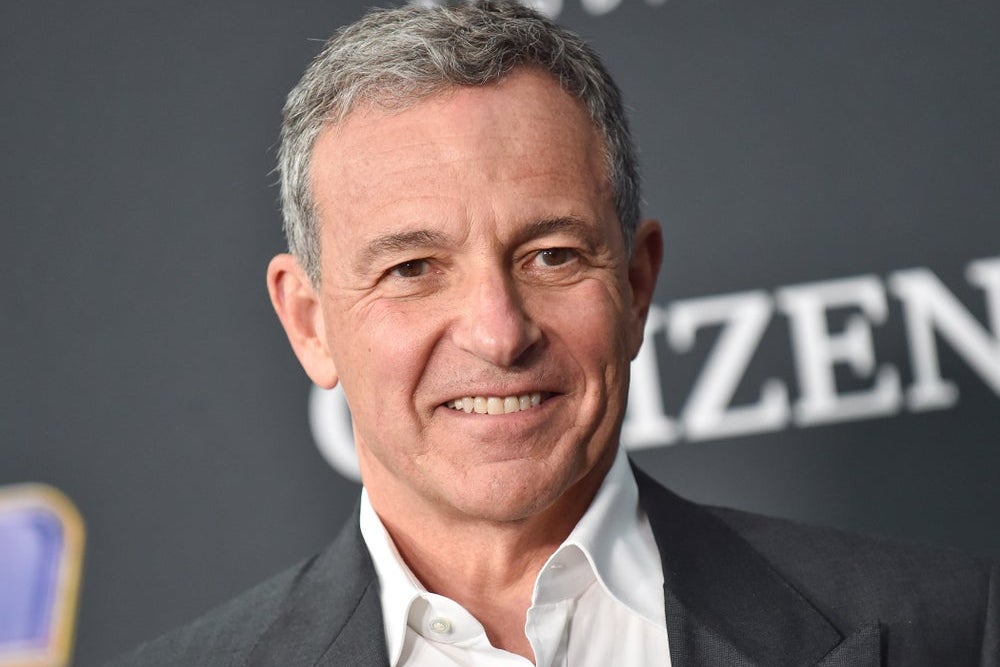Staff of Reuters 3 Minutes to Read DUBAI, United Arab Emirates (Reuters) – Following two days of meetings last week, OPEC+ ministers failed to achieve an agreement on oil output strategy, sparking a rare public confrontation between Gulf allies Saudi Arabia and the United Arab Emirates. PHOTO FROM THE FILE: The OPEC emblem is shown ahead of an informal meeting between members of the Organization of Petroleum Exporting Countries (OPEC) on September 28, 2016 in Algiers, Algeria. Ramzi Boudina/File Photo/REUTERS The conflict erupted at a critical time for the oil market, potentially delaying plans to pump additional oil until the end of the year in order to reduce global oil prices, which have risen to two-and-a-half-year highs. On Monday, Brent was trading at around $76. [O/R] Consuming countries want more crude to avoid a worldwide recovery from the COVID-19 pandemic being hampered by high costs. OPEC+, which agreed to record output cuts in 2020 to deal with a COVID-induced price drop, voted on Friday to increase output by around 2 million barrels per day (bpd) from August to December 2021 and to extend their remaining cuts to the end of 2022, rather than April 2022. The United Arab Emirates vetoed a deal. OPEC+, an alliance of the Organization of Petroleum Exporting Countries, Russia, and other producers, requires unanimity in its decisions. Saudi Arabia’s energy minister, Prince Abdulaziz bin Salman, urged for “compromise and rationality” to reach an agreement on Sunday. Saudi Arabia is OPEC’s largest oil exporter. The UAE said it supports releasing more oil but will not prolong existing cutbacks beyond April 2022 unless it can agree to adjust its own output baseline, which is used to calculate production cuts. The UAE, which has spent billions of dollars to increase capacity, claims that its baseline was set unreasonably low when OPEC+ agreed to limit supplies in the first place. In response to the loss of oil COVID demand, OPEC+ decided this year to limit output by about 10 million bpd starting in May 2020, with plans to phase out the restrictions by the end of April 2022. Cuts have already reached 5.8 million bpd. The OPEC+ conflict has highlighted a deepening divide between Saudi Arabia and the United Arab Emirates. The two countries had formed a regional alliance, pooling financial and military resources to combat the Yemeni conflict and project power elsewhere. However, the UAE has since pulled out of Yemen, while Saudi Arabia has attempted to challenge the UAE’s supremacy as the region’s commercial and tourism centre. OPEC team reporting; Rania El Gamal’s writing; Edmund Blair’s editing/n
Read MoreOPEC+ resumes oil policy talks amid Saudi-UAE standoff
2021-07-05T07:22:15-04:00July 5th, 2021|





